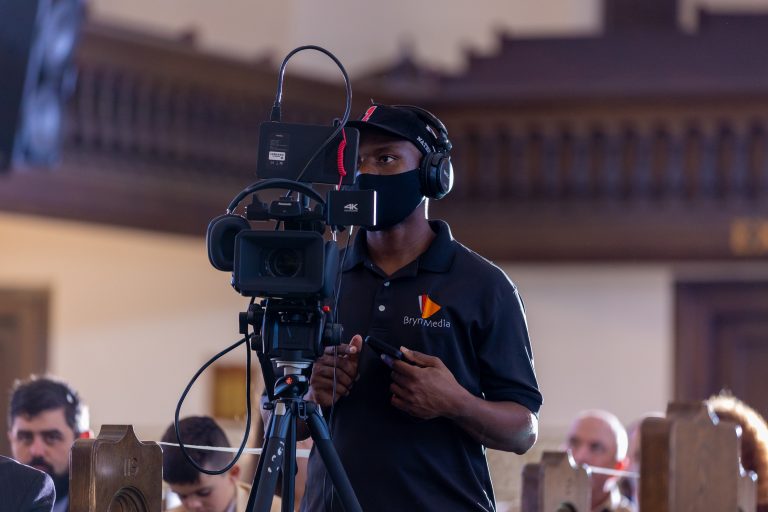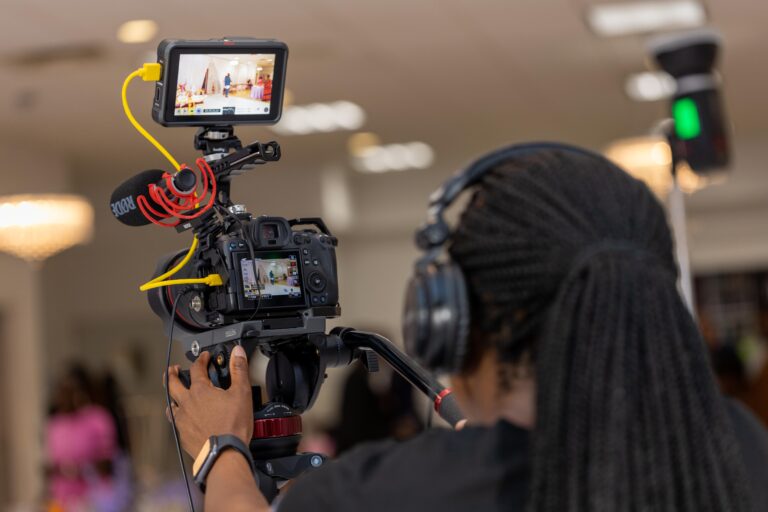Photography and videography are integral to capturing special moments and preserving cherished memories. However, it is essential to have a good understanding of the laws that govern these creative practices. In the United States, photographers, videographers, and their clients are subject to several legal considerations. Let’s explore the general laws in the US, with a focus on photography and videography for weddings and social gatherings, and then delve into the specific regulations for photo/video businesses in Massachusetts.
General Laws for Photography and Videography in the US:
- Copyright Law: Copyright protects the rights of photographers and videographers, granting them exclusive ownership of their work. The United States Copyright Act of 1976 establishes the legal framework for copyright protection, including the reproduction, distribution, and public display of photographs and videos.
- Privacy Law: When capturing photographs or videos in public spaces, photographers and videographers generally have the right to do so without obtaining explicit consent. However, it is crucial to respect individuals’ privacy rights, particularly in situations where a reasonable expectation of privacy exists (e.g., private residences or restricted areas). Privacy laws may vary by state, and it is advisable to research the specific regulations in your jurisdiction.
- Model Release: For commercial use of photographs or videos that prominently feature identifiable individuals, it is recommended to obtain a signed model release form. This document grants permission to use the person’s likeness for specific purposes and protects both the photographer/videographer and the subject. While model releases are not legally required in all situations, they offer valuable legal protection.
Weddings or Social Gatherings Photography and Videography:
In the context of weddings or social gatherings, additional legal considerations come into play:
- Contractual Agreements: Establishing a written contract between the photographer/videographer and the client is essential. The contract should outline the scope of services, deliverables, usage rights, payment terms, and any relevant cancellation or rescheduling policies. Clear contractual agreements help protect the interests of both parties and provide a foundation for a successful working relationship.
- Venue Restrictions: Some wedding venues or event spaces may impose specific rules or limitations regarding photography and videography. It is crucial to review and respect these restrictions to maintain professionalism and a positive working relationship with the venue.
- Intellectual Property: Photographers and videographers should educate their clients about copyright and usage rights. Clarify how clients can use, share, and print the images or videos, as well as any limitations or restrictions on commercial usage. Providing clients with a usage rights agreement that outlines the terms and conditions can help ensure a clear understanding of the rights and responsibilities of all parties involved.
- Using Music: If you’re adding music to your wedding videos, you need to acquire the necessary licenses. This protects you from copyright infringement allegations
Specific Laws for Photo/Video Businesses in Massachusetts:
Operating a photo/video business in Massachusetts requires compliance with relevant state laws and regulations:
- Business Registration: In Massachusetts, photographers and videographers operating as businesses may need to register with the appropriate local and state authorities. This includes registering as a sole proprietorship, partnership, or limited liability company (LLC). Registering your business ensures compliance with tax obligations and other legal requirements.
- Sales Tax: Depending on the specific services provided, photographers and videographers may need to collect and remit sales tax in Massachusetts. It is important to understand the state’s sales tax regulations, including the applicable rates and reporting requirements. Consulting with a tax professional or the Massachusetts Department of Revenue can provide guidance on sales tax obligations for your business.
- Drone Regulations: If utilizing drones for aerial photography or videography, operators must comply with Federal Aviation Administration (FAA) guidelines and regulations. These rules include obtaining proper certification (Part 107), adhering to airspace restrictions, and following privacy laws. It is important to stay informed about the FAA regulations and any state or local drone ordinances that may apply.
When navigating the legal landscape of photography and videography, it is crucial to consult with legal professionals specializing in intellectual property, contracts, and local business regulations. They can provide comprehensive guidance tailored to your specific circumstances and ensure compliance with applicable laws.
Please note that this article is intended for informational purposes only and should not be considered legal advice. It is always recommended to consult with qualified legal professionals to address your specific legal concerns or questions regarding photography and videography laws in your jurisdiction.
References:
- United States Copyright Office: https://www.copyright.gov/
- American Bar Association: https://www.americanbar.org/
- Massachusetts Department of Revenue: https://www.mass.gov/dor
- Federal Aviation Administration: https://www.faa.gov/uas/




